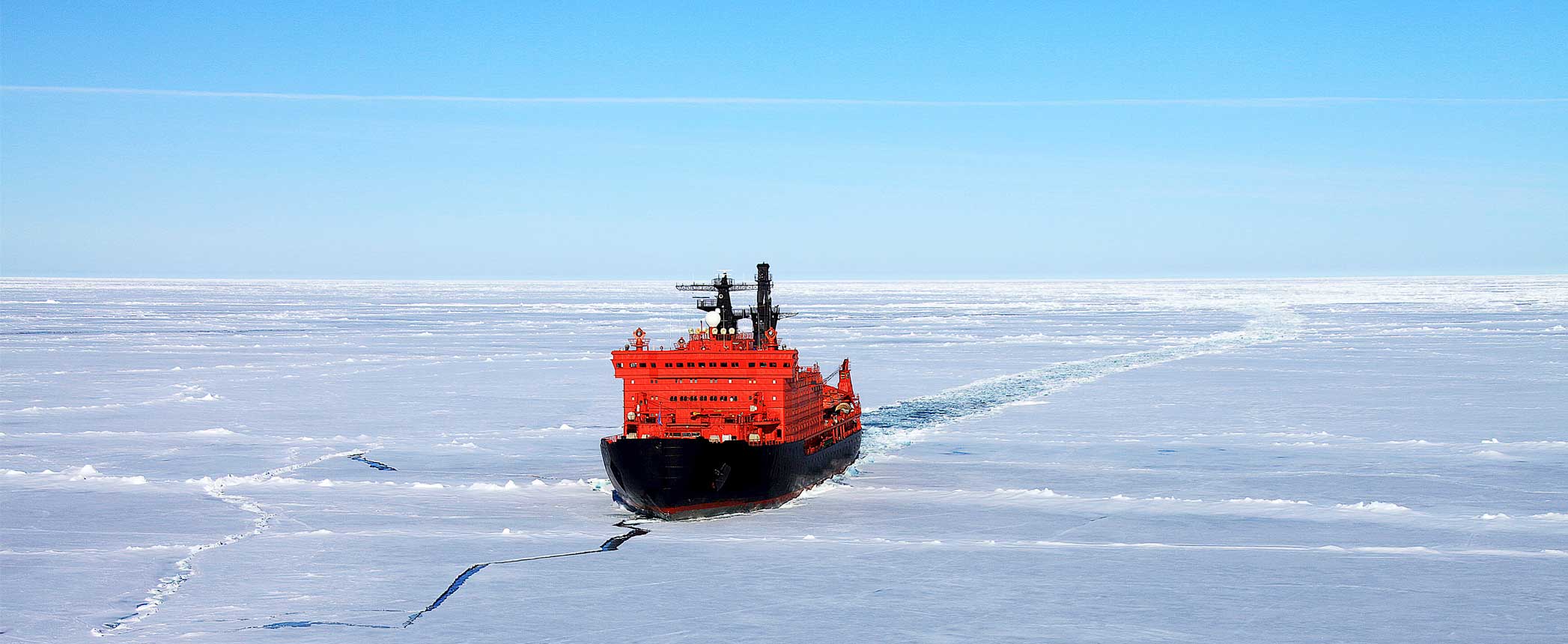
Maritime emissions regulations that took effect at the start of this year led the shipping to shift to low-sulfur fuel oils, in turn causing a transition from base number 70 or BN 100 grades cylinder oils to novel BN 40 products, industry sources told Lube Report.
The International Marine Organization’s 2020 international convention for the prevention of pollution from ships, effective Jan. 1, 2020, stipulates that ships operating outside of emission control areas have three options – to employ scrubbers, to burn fuel with maximum 0.5 percent sulfur or to burn liquefied natural gas. BN 70 and BN 100 grade cylinder oils are used in the long-stroke and super-long-stroke engines.
“The demand for BN 40 cylinder oil increased dramatically since October 2019, creating both availability issues in certain geographies, as well as operational issues onboard such as feed rate adjustments, calcium deposits and liner wear,” Caroline Huot, global head of lubricants for Singapore-based marine fuel and lubricant distributor Cockett Marine Oil, told Lube Report on Monday.
As a growing number of vessels began using BN 40 cylinder oil in combination with very low-sulfur fuel oils, concerns began to emerge for various parts of the industry including lubricant suppliers, ship operators and original equipment manufacturers, Huot said.
“Used cylinder oil in service analysis became much more prevalent as ways to monitor oil performance and to anticipate build-up of deposits on piston crowns and corrosion of cylinder liners,” she said.
Huot added that even in cases where BN 40 is recommended by an OEM, it was not a “silver bullet” but the best compromise available, and the industry expects evolutions both in product performance and in operational guidelines in the near future.
The transition to low-sulfur oils and use of cylinder oils with base number 40 was confirmed by a Russian marketer as well.
“Seventy-five percent of the our company’s total sales of cylinder oils in the first quarter of 2020 were products for engines that use low-sulfur or very low-sulfur fuel oils, compared to the same period last year, when 79 percent of cylinder oil sales were oils for engines that use high-sulfur fuels [with up to 3.5 percent sulfur],” Roman Miroshinichenko, head of Gazpromneft Marine Lubricants, told Lube Report.
Cockett observed that ship owners decided whether to install scrubbers mostly based on calculations of how quickly the cost of installation would be paid back by the price gap between high- and low-sulfur fuels. Operators may still use high-sulfur fuels on vessels equipped with scrubbers.
“In 2019, about 7 percent of the worldwide fleet above 2,000 deadweight tonnage was committed to scrubber installation. Delays in installation at shipyards and the first known issues in term of maintenance costs, as well as a ban on open-loop scrubbers, which are cheaper, has slowed down the adoption of scrubbers,” Huot said.
She added that scrubbers made more financial sense in the fourth quarter of 2019 than they do now.
“With the crash of oil prices in the beginning of 2020, combined with the hike in tankers’ freight rates for oil storage, scrubber pay-back became quite unattractive, and a number of shipping companies – in particular tankers – cancelled their scrubbers options,” she said.
Miroshnichenko said shipping companies are still considering installing scrubbers “to be able to use other types of fuels, and we are ready to supply [cylinder] oils for high-sulfur fuel engines, too.”
The economic slow-down and the lockdown of many countries in the face of the global pandemic of the Covid-19 coronavirus has seriously affected commercial marine transportation. Kline and Co., a United States-based consultancy, said that European sea-imported freight fell by 20 percent when the pandemic hit Europe in March and April.
“Starting with the lockdown in China at the beginning of the pandemic [in January], demand for raw materials and energy crashed, which had a great effect on the dry bulk segment. [Use of] dry bulk vessels and container vessels fell down to minimal levels,” Huot said.
Furthermore, the demand for container vessels, as export of manufactured goods, fell down to minimal, she added. “With the lockdown of European countries and the United States as main consumer markets, imports died down, thus affecting demand in manufacturing countries, themselves also mostly in lockdown,” Huot said.
Gazpromneft Marine Lubricants’ business has also been affected by the pandemic.
“In some regions, there is a delay in documentation processing, because of the reduced work force in the ports,” Miroshnichenko said. However, the company still maintains its market expansion strategy and “by assessing the risks, [in May] we shipped new batches of marine engine oils as well as gear, hydraulic and turbine oils and greases to such destinations as Panama, Las Palmas on the Grand Canary Islands and Egypt.”
Huot acknowledged that the tanker segment was less affected because many vessels were chartered for oil storage as a consequence of the fall of oil prices. Cruise ships stopped moving completely, and the crash in crude oil prices affected most of the offshore segment.

An icebreaker in the Arctic Ocean.